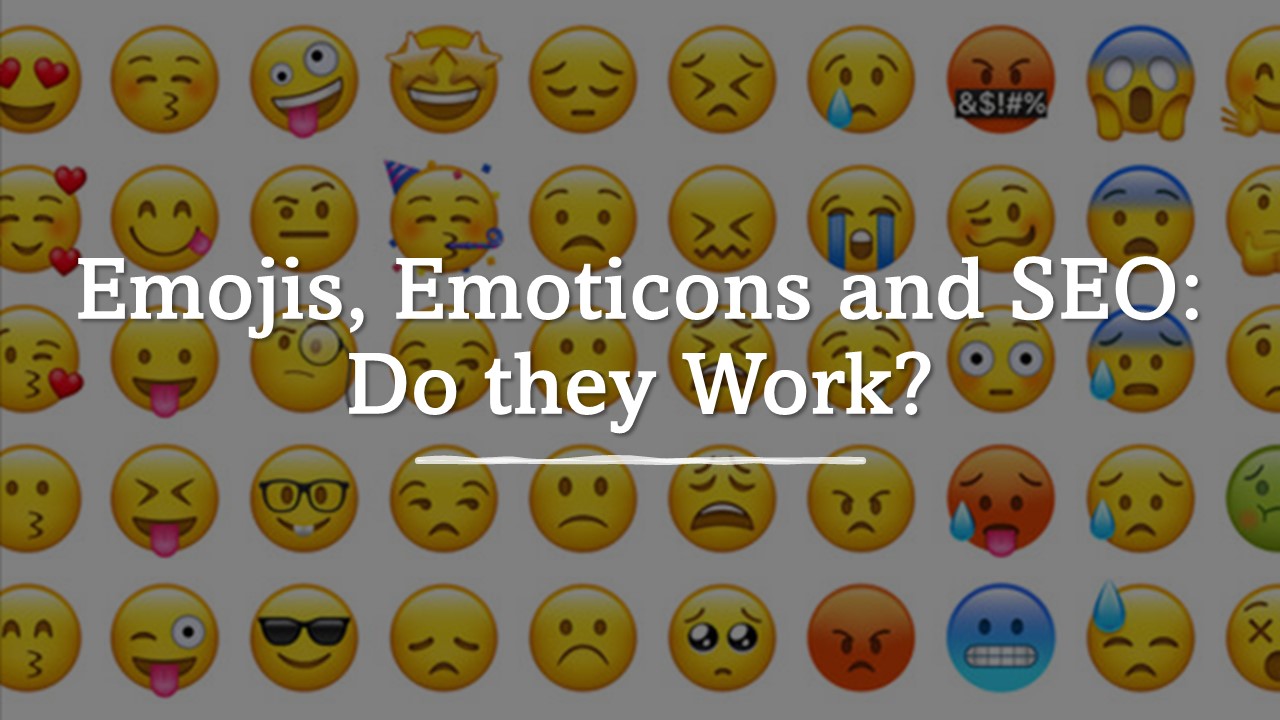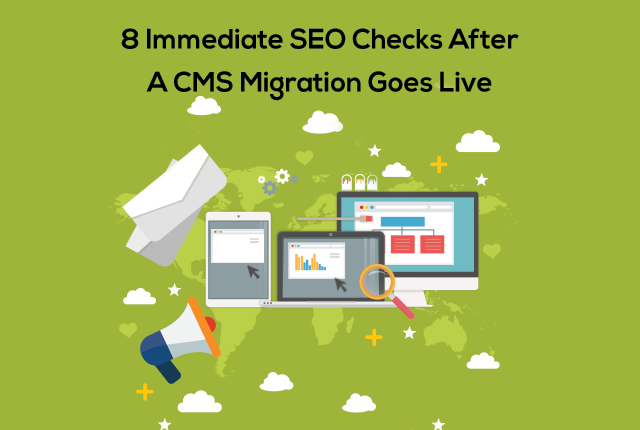Tips to Resolve Web Content Duplicity and Maintain a Good Ranking on Search Engines
There are a lot of techniques, executives managing search engine optimization, are using these days; to get a better ranking on search engines. Unfortunately, not all of them are worth a mention as they involve deceitful, fraudulent measures. One such commonly used deceitful measure is duplicating web content.
There may be justifiable business reasons why you might want to or need to have duplicate content on various pages of your own website or on another very similar page. However, including such duplicate content can result into search engines lowering your rankings if you don’t follow the necessary coding protocol. Before understanding what this ideal protocol is, let’s understand what ‘duplicate content’ is.
Definition of ‘Duplicate Content’
“Duplicate content generally refers to substantive blocks of content within or across domains that either completely match other content or are appreciably similar” – By, Google Support
Search engines regularly update and implement new filters to specially scrutinize duplicate content and relegate it to lower search engine ranks; in order to offer best results to the users of these search engines.
Solution for Content Duplicity
If your website has two or more identical (similar or appreciably similar) pages, the best way to indicate this to the Google search engine, and specify your ‘preferred URL’ or ‘canonical position’ of the content; is to use canonical tag. Canonical means the ‘original one.’ You can simply use a link rel=“canonical” tag to all the web pages which are not the canonical ones. By doing this, you are indicating to Google that the page being coded is not the canonical URL, and that the link mentioned in the code is the canonical position. For using the ‘canonical’ tag, you must first identify the list of urls where the same content is present. Once you find the URLs where the duplicate content lies, you need to use the ‘canonical’ tag on all the non canonical pages.
Example: If you want http://www.ethinos.com/digitalmarketing/search-engine-marketing.html to be the preferred URL for your listing, you can indicate this to search engines by adding a <link> element with the attribute rel=”canonical” on the non-canonical pages. To do this, create a link as follows:
<link rel=”canonical” href=” http://www.ethinos.com/digitalmarketing/search-engine-marketing.html“>
How do you handle content duplicity issues? Do you know any other effective solutions apart from using canonical tags? Does your digital marketing company monitor your website rankings and resolve content duplication issues?
Do share your opinions and experience! You can always contact Ethinos Digital Marketing for assistance.



what do you think?